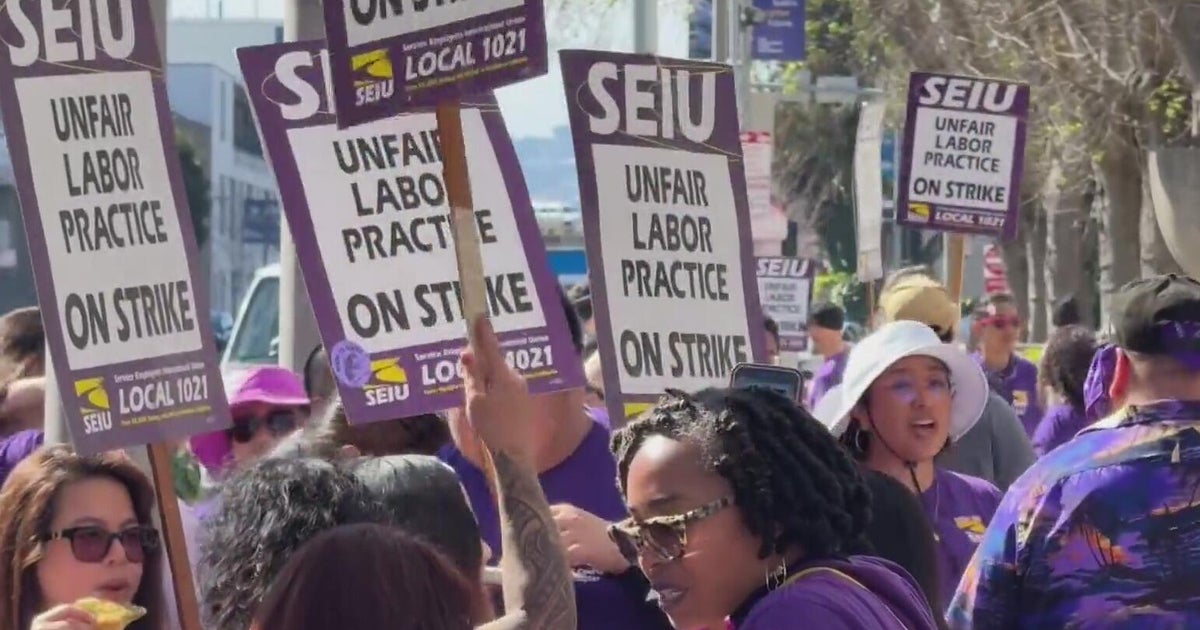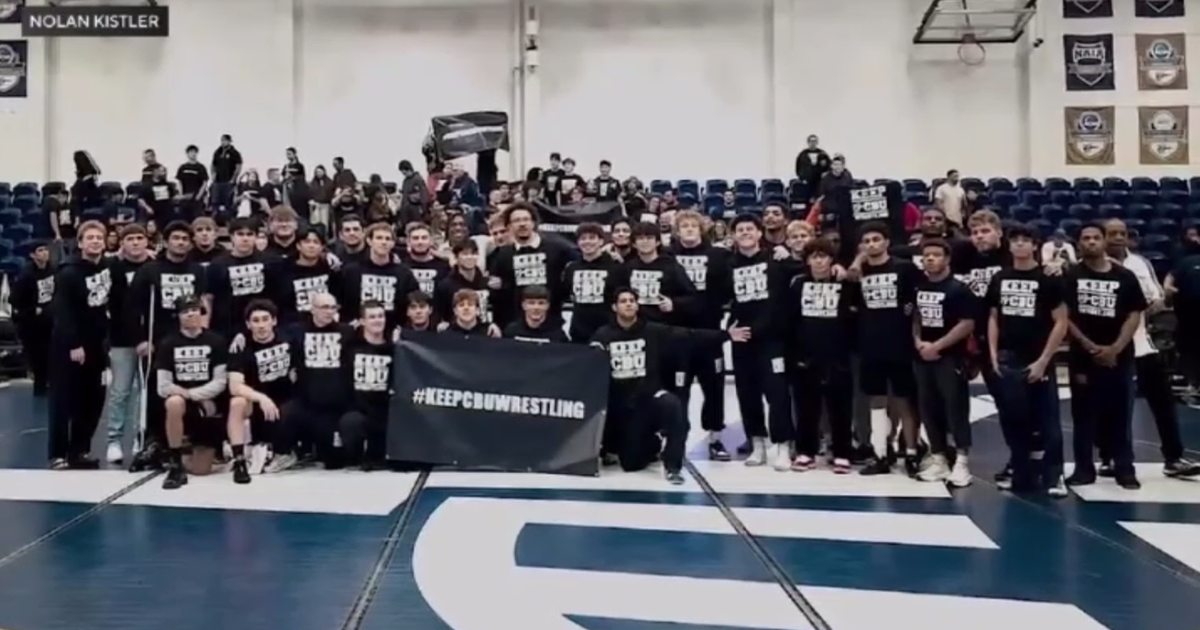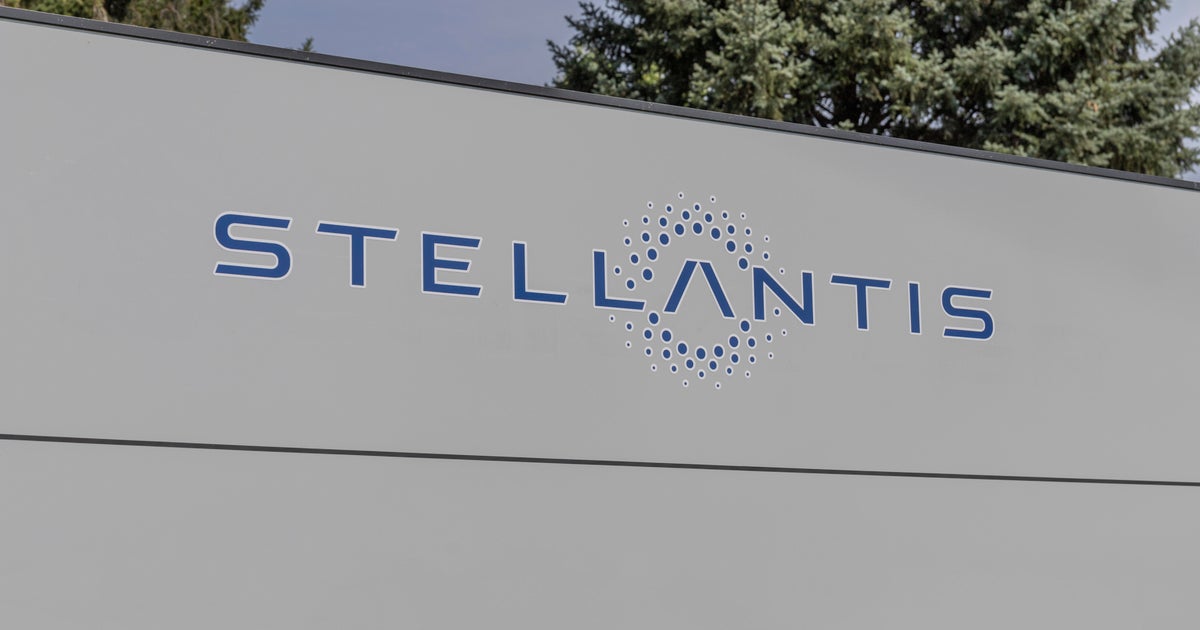Hyundai, Honda and Toyota have all raised worker pay since UAW strike ended
Hyundai said Monday it will raise hourly pay for the South Korean automaker's employees in the U.S., upping wages just weeks after the United Auto Workers union struck new labor contract agreements with Detroit's Big 3 car manufacturers.
By 2028, employees in Hyundai plants in Montgomery, Alabama, and Ellabell, Georgia, will see their hourly wages raised by a total of 25%, according to the company. That matches the wage increase UAW members are slated to receive from Ford, General Motors and Stellantis.
Earlier this month, Toyota said it would lift factory hourly wage between 9% and 10% starting in January, while Honda announced an 11% wage. The Japanese car manufacturers also reduced the time it takes for a starting employee to reach the top pay rate, matching or coming close to the time periods stipulated in the UAW's tentative pact with the Big 3.
"Hyundai continuously strives to maintain competitive wages and benefits commensurate to industry peers," Jose Munoz, Hyundai's chief operating officer, said in a statement.
A total of more than 15,000 workers are employed in the company's two U.S. plants. Hyundai is also scheduled to open a third factory in the U.S. when it starts producing electric vehicles in Bryan County, Georgia, in 2025.
Hyundai, Honda and Toyota do not employ unionized autoworkers, making the raises especially noteworthy. After securing contracts with the Big 3, the UAW said it also plans to organize workers at Hyundai, Honda and Toyota.
Labor experts say the recent increases are at least in part aimed at thwarting UAW President Shawn Fain's strategy of trying to organize U.S. auto plants run by foreign automakers.
"UAW, that stands for 'You Are Welcome,'" he said earlier this month during a video address to members.
Harry Katz, a professor of collective bargaining at Cornell University, said the UAW deal is raising pressure on nonunion automakers to retain workers.
"There's also a strong labor market, the companies are doing very well," Katz said. "They've always wanted to stay nonunion, and they try to stay close to the Detroit top-tier wages."
UAW members at Detroit's Big 3 won new contracts after a six-week strike in which waves employees walked off the job at dozens of assembly plants and parts facilities. At the peak of the protests, about 46,000 UAW workers were on strike — about one-third of the union's 146,000 members at all three companies.
Despite the pay hikes at Honda, Hyundai and Toyota, Katz is skeptical that the UAW would succeed in unionizing the automakers' U.S. plants, noting that the factories are in regions of the country that are often suspicious of unions.
"Detroit's wage has been higher than the nonunion before," he said. "There's always been a difference and they just haven't been able to organize them. It doesn't hurt them to have won such a large deal, but I don't think it's going to make that big of a difference."
—The Associated Press contributed to this report.



